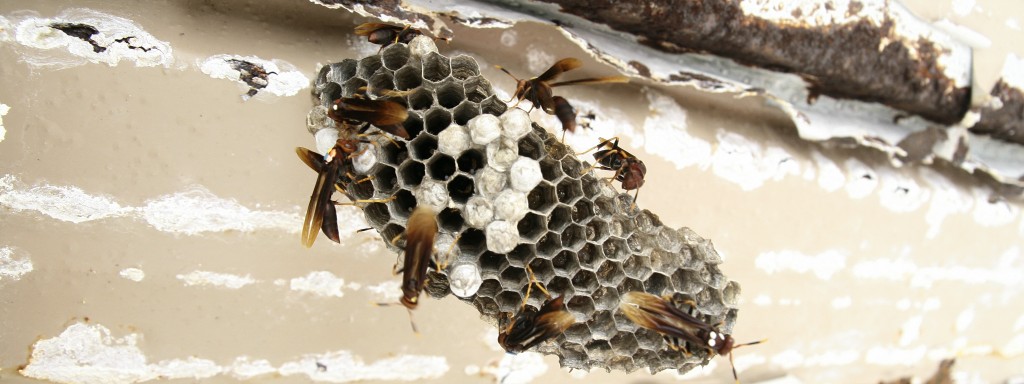Epigenetic and transcriptional responsiveness of social insects to environmental changes
Solenn Patalano
Epigenetics Programme, The Babraham Institute, UK
The plasticity of a self-balanced system can be seen as its ability to adapt to environmental changes and be able to re-establish itself. The Polistes wasp organisation is becoming an emergent system in order to understand how an organisation responds to environmental stresses. Polistes wasps are social insects, organised in small nests with only 8-20 individuals whose age and behaviour are traceable. Nests are organised with a single reproductive individual (queen) and several non-reproductive individuals (workers). In contrast to bees, Polistes wasps retain their ability to change reproductive phenotype during all their life. In fact, if the queen happens to disappear, one of her workers will be able to usurp her place in order to rebalance the system of the nest and maintain its survival. In this project, we are taking advantage of the characteristics of Polistes organisation in order to understand the underlying epigenetic variations and gene expression in each wasp allowing a successful nest reprogramming.









You must be logged in to post a comment.